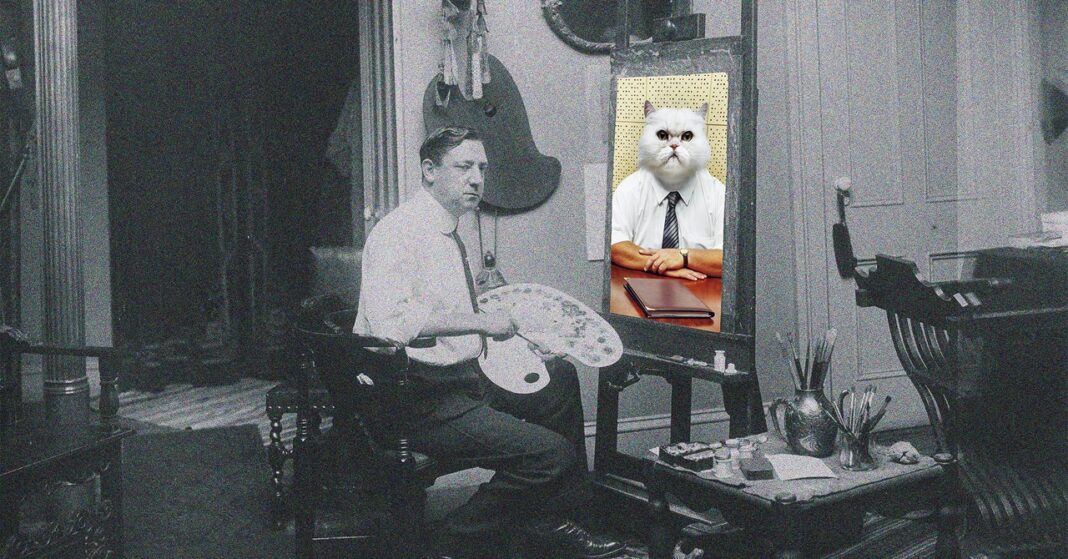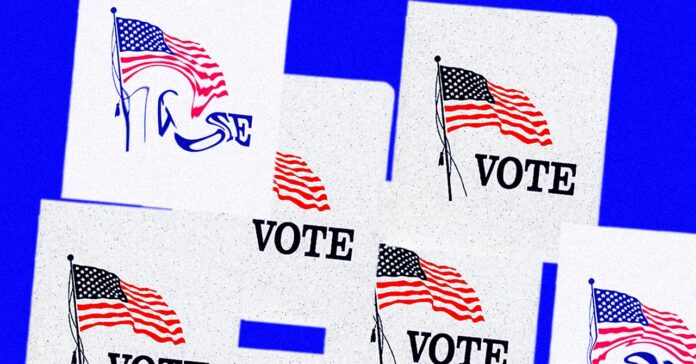In Short:
Several companies, including Wacom and Wizards of the Coast, faced backlash for using AI-generated content, prompting apologies. Toys “R” Us also received negative reactions for an AI commercial. Meanwhile, artist support for Procreate’s anti-AI stance is growing. Procreate believes focusing on human creativity is vital, even if it risks alienating some users, as it sees value in this distinct path.
The ongoing criticism surrounding image and video synthesis extends beyond creative application developers to include hardware manufacturers and game publishers. Notably, Wacom and Wizards of the Coast have faced significant backlash, prompting them to apologize for incorporating AI-generated content in their marketing efforts. Furthermore, Toys “R” Us similarly encountered a negative response following the launch of their first AI-generated commercial. These incidents highlight the challenge companies face in balancing the potential advantages of generative AI with the ethical dilemmas it presents.
Reactions from Artists and Critics
Procreate’s recent announcement delineating its anti-AI stance has garnered a predominantly positive reception on social media. For instance, artist Freya Holmér expressed gratitude in a widely shared comment on X, stating, “This is very appreciated, thank you.”
Others, including Karla Ortiz, a plaintiff in a lawsuit against AI image-generator companies, voiced appreciation for Procreate’s position. In her response to Procreate’s video on X, she stated, “Whatever you need at any time, know I’m here!! Artists support each other, and also support those who allow us to continue doing what we do! So thank you for all you all do and so excited to see what the team does next!”
Similarly, artist R. J. Palmer, who ignited significant opposition to AI art with a viral tweet in 2022, acknowledged Procreate’s message. He commented, “Now that’s the way to send a message. Now if only you guys could get a full-power competitor to [Photoshop] on desktop with plugin support. Until someone can build a real competitor to high-level [Photoshop] use, I’m stuck with it.”
In contrast, there were some supporters of AI, such as AI-augmented artist Claire Silver, who utilize generative AI as a tool for accessibility. She remarked on X, “Most of my early work is made with a combination of AI and Procreate. 7 years ago, before text to image was really even a thing. I loved Procreate because it used tech to boost accessibility. Like AI, it augmented traditional skills to allow more people to create. No rules, only tools.”
Given the contentious nature of AI image synthesis among artists, reaffirming a commitment to human-centric creativity could serve as a strategic differentiated marketing effort for Procreate, particularly as it competes with the established market presence of Adobe. Although there are users who may prefer AI tools, an ideally balanced app ecosystem allows individuals to make choices consistent with their values.
Procreate’s stance against AI integration does carry certain risks, potentially alienating segments of its user base. Furthermore, should Procreate reconsider its position on generative AI in the future, it would face the challenge of retracting its current commitment. However, the company remains confident in its decision, stating, “In this technological rush, this might make us an exception or seem at risk of being left behind,” adding, “But we see this road less traveled as the more exciting and fruitful one for our community.”
This story originally appeared on Ars Technica.





